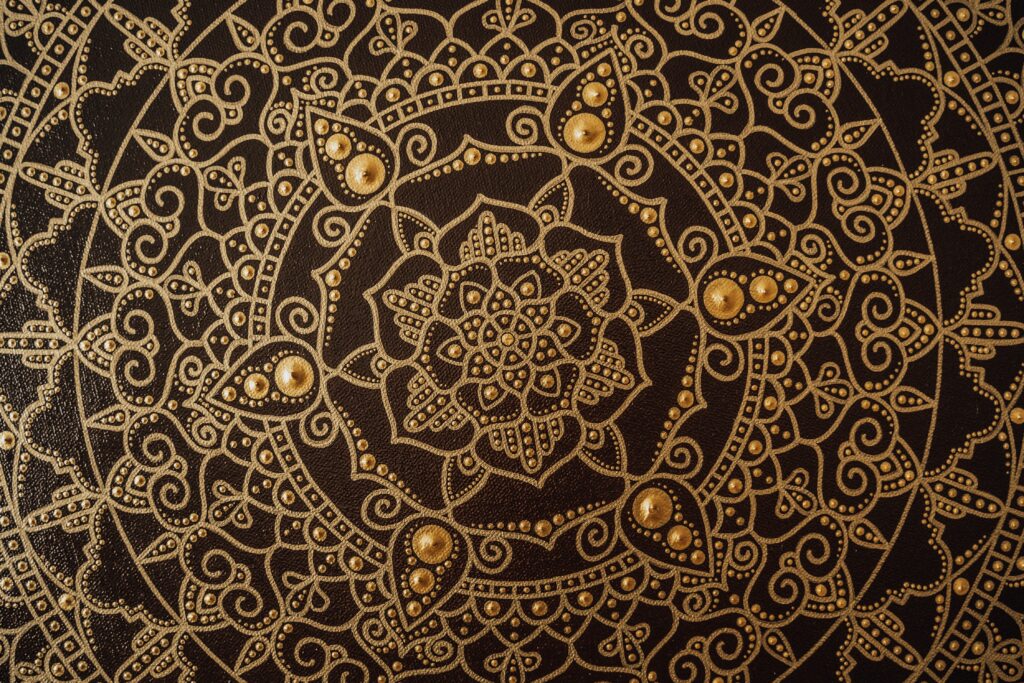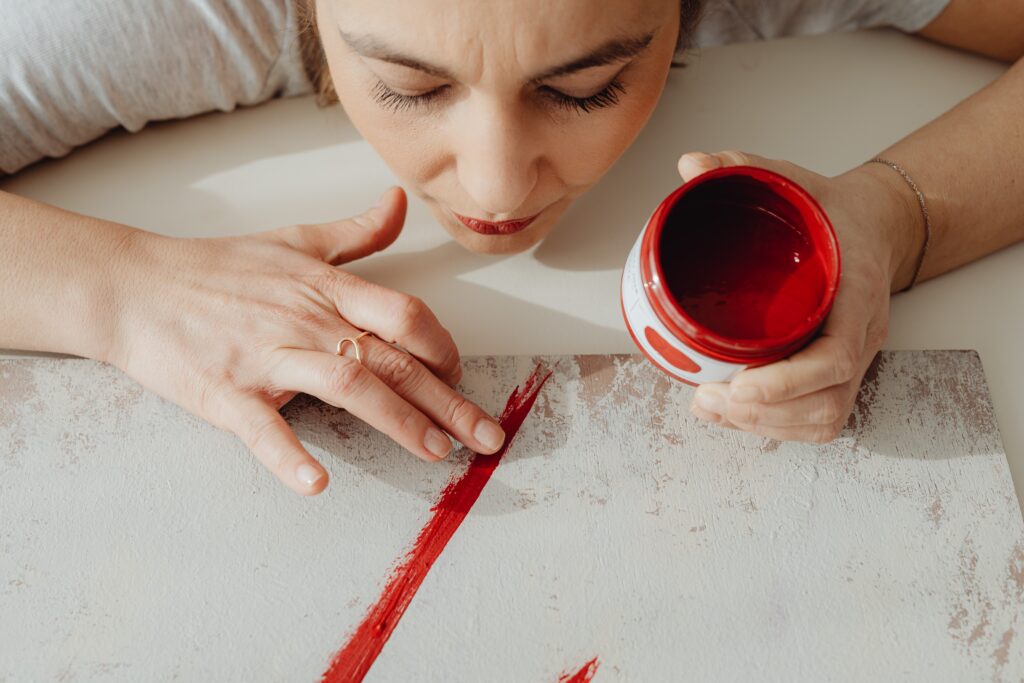USE COUPON CODE “FIRST50” TO GET 50% ON YOUR FIRST SESSION CALL SUPPORT FOR ANY ASSISTANT
15 Minute Free Consultation
Art Therapy
Art has been a popular medium for creative expression. Art therapy is used for letting out emotions through different mediums (such as drawing, colouring, clay) and expressing our thoughts with the help of paints and brushes. It is a form of expressive therapy that uses the creative process of making art to improve a person’s physical, mental, and emotional well-being.
TECHNIQUES IN ART THERAPY
Different techniques in art therapy are as follows:
- Mandala:
Mandalas are circular patterns that can be filled with colors, shapes, and symbols. creating a mandala involves drawing or painting a circular pattern that is filled with colors, shapes, and symbols. The individual starts from the center and works outward, creating a harmonious and balanced composition. Creating mandalas can promote relaxation, mindfulness, and self-reflection. It can also help individuals explore their inner selves and achieve a sense of balance

- Collage: In collage, different materials, including magazines, newspapers, photos, and fabrics, are combined to produce a visual composition. It can be a way to explore personal interests, memories, or emotions. Collage-making encourages creativity and can facilitate communication and storytelling.
- Sculpting and Clay work: Working with clay or other sculpting materials allows individuals to express themselves in a three-dimensional form. Sculpting can provide a tactile experience and sensory experience that can be soothing and grounding. It helps to release tension, promote self-expression, and explore physical sensations or body awareness.
- Finger Painting:
In art therapy, finger painting involves using the fingers and hands as tools to directly apply paint onto a surface, such as paper or canvas. The individual dips their fingers into paint and then uses their hands to create marks, shapes, or images. Finger painting allows for a sensory and tactile experience, as individuals can feel the texture and movement of the paint. It can be a freeing and expressive technique, allowing for spontaneous and intuitive creation. Finger painting in art therapy promotes self-expression, emotional release, and exploration of the creative process through the direct connection between the artist’s body and the art medium.

- Self-portraiture: In art therapy, self-portraiture involves creating a visual representation of oneself through art. The individual paints their own image on paper, canvas, or other surfaces using a variety of artistic mediums and techniques. In art therapy, self-portraits offer a platform for self-reflection, self-exploration and self-expression. They can capture the person’s feelings, identity, and life experiences. Self-portraiture allows people to explore their inner world, develop understanding of how they see themselves, and communicate aspects of their identity through art.
- Doodling/ Free Drawing: This technique involves allowing the individual to freely express themselves through drawing without any specific guidelines or instructions. The individual is encouraged to let their imagination and emotions guide their drawing or doodling process. It encourages spontaneity and can help uncover emotions and subconscious thoughts.
- Narrative Art: Narrative art involves creating visual representations of personal stories, experiences, or dreams. It helps individuals explore their life journey, express their personal narratives, and gain a deeper understanding of their past, present, and future.
- Art Journaling:
Art journaling combines writing and art-making. Individuals can use a journal to write their thoughts, feelings, or experiences and complement them with drawings, paintings, or collages. It can be a private and creative space for self-reflection and emotional expression.

- Guided Imagery: In this technique, the art therapist guides the individual through visualization exercises while they create art. The therapist provides verbal prompts or narratives to help the individual imagine specific images or scenes. As the individual creates art, they translate their mental imagery into a visual representation using various art materials. By connecting imagery with emotions, it helps individuals explore their internal experiences and gain insights into their feelings and thoughts.
Art therapy helps by engaging mind, body and spirit which cannot be possible by just words alone. It provides alternative method of communication.
BENEFITS OF ART THERAPY
Art therapy is very well suited for people who are not able to express their emotions, thoughts, feelings and their inner world through words alone. With the medium of art, they can express themselves. Hence, it increases the scope of therapy and does not leave it to just words alone. Art therapy can be used even with children who is not able to speak or articulate words properly yet.
Benefits:Art therapy which is facilitated by a professional art therapist can be used to improve cognitive and sensorimotor functions, increase self-esteem and bring self-awareness. It can help providing insight in the problem, enhance social skills and foster emotional resilience. It also helps in reducing as well as resolving conflicts, distress, societal change and more.
Some of the concerns where art therapy is found to be most effective are:
- Anxiety
- Depression
- Adults or children who have experienced traumatic event
- Post-traumatic stress disorder
- Social anxiety
- Emotional difficulties
- Aging related issues
- Family or relationship conflicts
- Children with learning disability
- Children experiencing behavioural or social problems
A study conducted by Jingxuan et al (2021) found in their study that “art therapy can not only be served as a useful therapeutic method to assist patients to open up and share their feelings, views, and experiences, but also as an auxiliary treatment for diagnosing diseases to help medical specialists obtain complementary information different from conventional tests”.
MYTHS
It is important to bust some of the myths that a person need to be artistic to do art therapy. Such is not the case as anyone can take art therapy. No artistic ability or special talent is required to participate in it.
Also. it is not as same as art class because here the inner world, imagination, feelings, emotions and thoughts of clients are explored.
Book your appointment today with our licensed professionals for your mental health concerns!
Author: Muskaan Agarwal (Counseling Psychologist)
